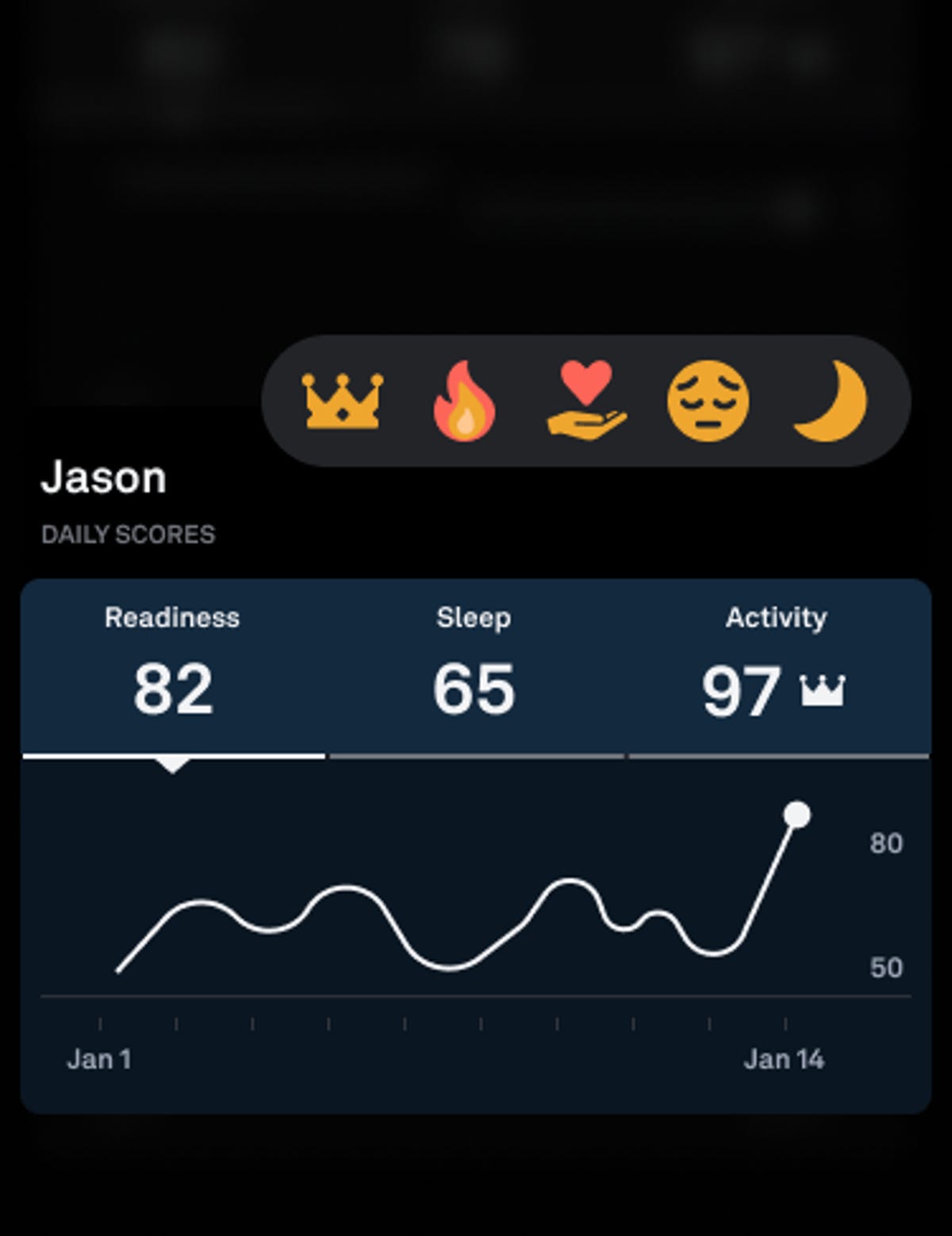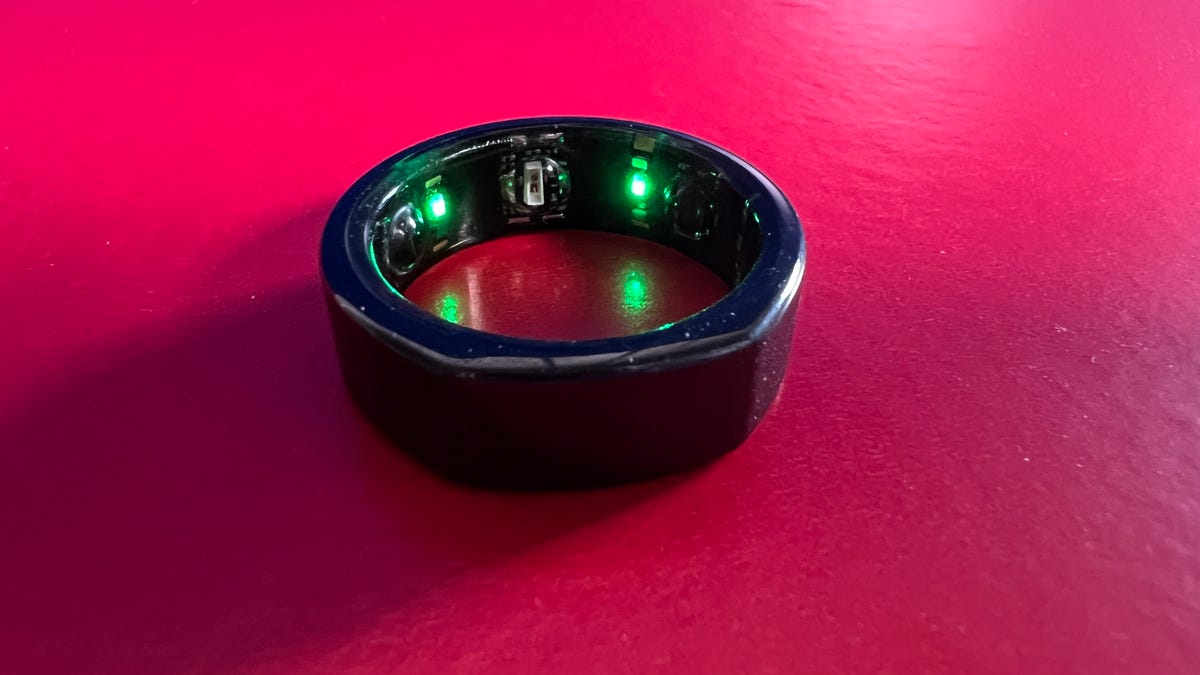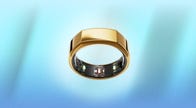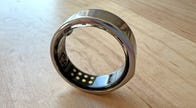If you’ve ever wondered how well your coworker slept last night, now you can know for sure as long as you’re connected with them through Circles, a new feature Oura announced Thursday for its app.
Oura, the health-tracking ring that collects data such as temperature, heart rate, blood oxygen readings, summarizes that information into Readiness, Sleep and Activity scores. With Circles, you’ll be able to share those scores with up to 10 groups of people or “Circles,” with a maximum of 20 people in each group.
You’ll be able to choose which kind of data or scores you share with each group, so one circle can get more of your wellness information than another. While only three scores are available to share through Circles now, Oura said it plans on expanding sharable information in the future.
To start a circle, open the Oura app, scroll down the main menu and select “Circles.” Then you can name a circle, decide what scores you want to share and also decide whether you want that data to be daily or weekly averages. To invite people into the circle (they have to be fellow Oura users), you’ll send them a one-time link.
Once you’ve started your circle, you can view their scores and “react” with emojis, if you choose. Everyone has to sync their rings to keep the scores visible.

What it looks like to react to your friend in Circles.
For people who enjoy collecting health data (and maybe boasting about a good health week), Oura’s Circles features is a good way to do that with other Oura wearers. According to a press release, though, the company is positioning Circles as another way to check in and connect with each other — an increasingly important public health goal amid a loneliness epidemic, which has impacts on sleep, mental health and physical illness.
“Our mission at Oura has always been to improve the lives of our members by taking a compassionate approach to health, and this new feature is just the next step in delivering a personalized experience that allows our members to connect with not only their bodies, but also their friends and family,” Oura CEO Tom Hale said in a statement.
Oura’s Circles announcements comes as the company is advancing its new sleep staging algorithm out of beta mode, which means everyone tracking sleep stages with Oura will get data from the improved algorithm. Shyamal Patel, the company’s head of science, calls the new algorithm a “massive improvements of accuracy” in sleep data. The new algorithm has 79% agreement with polysomnography sleep tests done in a clinic, Patel told CNET.
Compared to Oura’s older sleep-tracking algorithm, ring wearers might experience slight changes in the amount of time Oura tells you you’re spending in deep sleep versus light sleep versus REM sleep.
“Those numbers are likely to shift a little bit,” Patel said.
For more on the Oura ring, read more about how the tracker can tell you whether you’re a morning person and how the Oura ring compares to the Apple Watch as a sleep tracker. Also, here’s our thorough review of Oura, the wearable that can tell when you’re sick.


